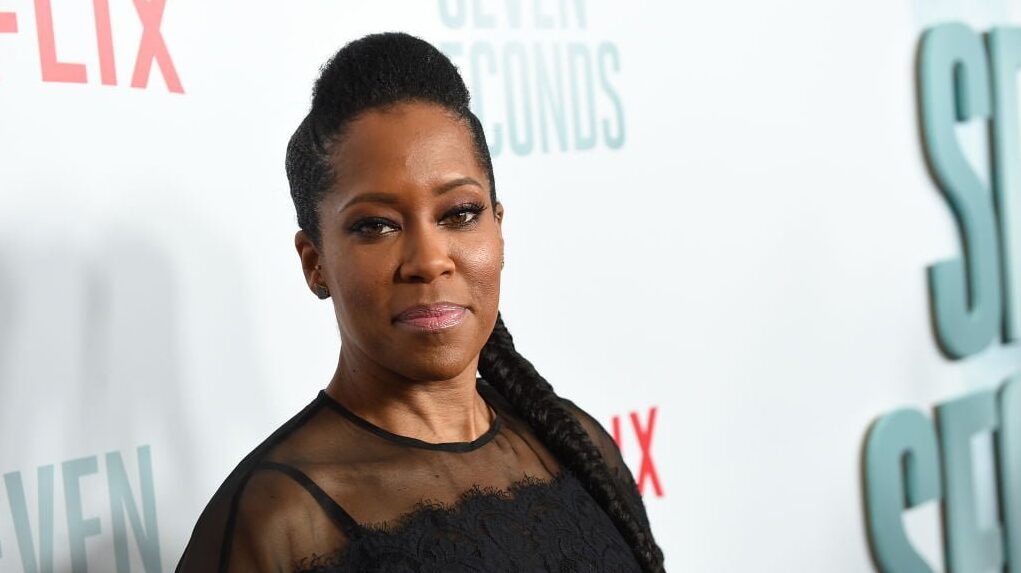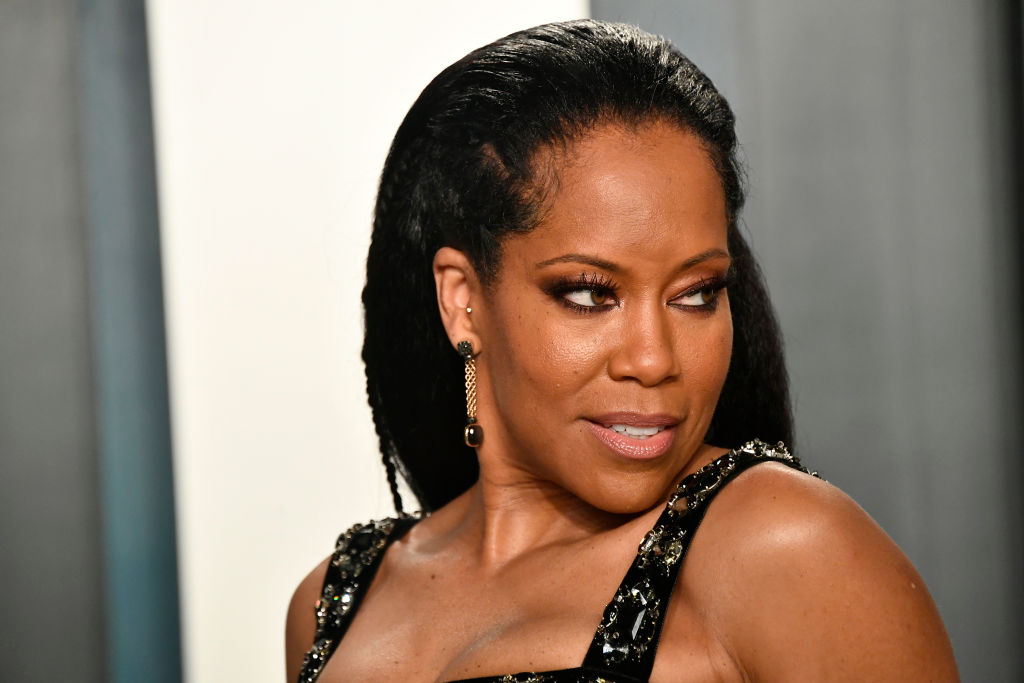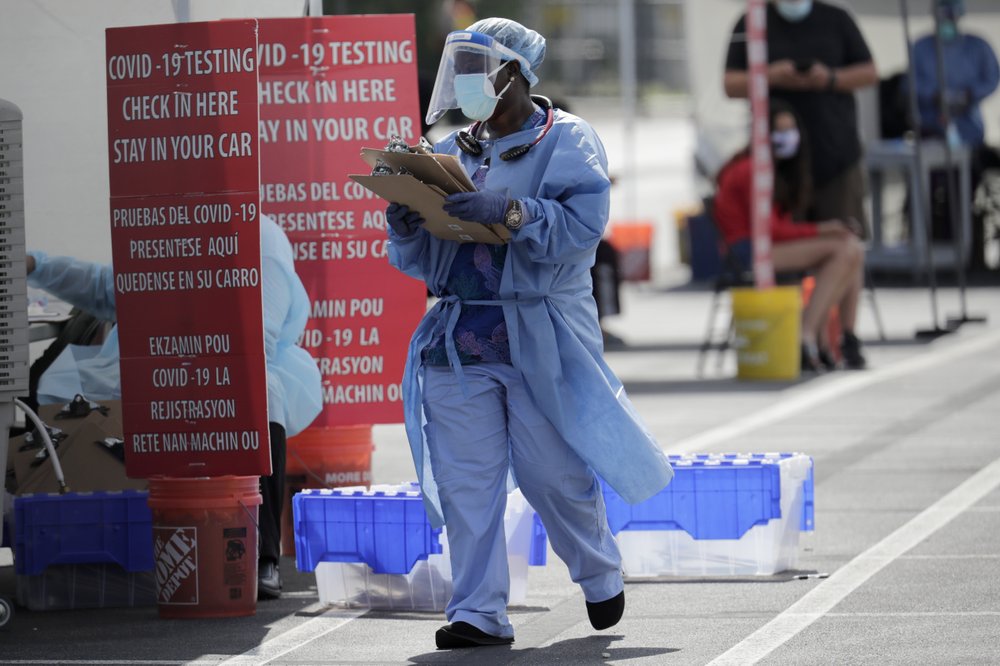Regina King partners with Vaseline to host roundtable on COVID-19 relief efforts
Regina King joins Vaseline and Direct Relief to bring awareness to COVID-19 relief efforts empowered by the brand.

Vaseline has acknowledged the harsh impact COVID-19 has on minority communities by spreading awareness and donating money and resources to those in need. It recently partnered with Oscar winner Regina King to amplify their efforts.
READ MORE: Washington D.C. has the worst racial disparity in COVID-19 deaths in US: report
Teaming up with actress, Vaseline continues their longtime partnership with Direct Relief to provide aid during the coronavirus pandemic. The campaign not only creates consciousness, but it has also provided $1 million in donations to Direct Relief to support its COVID-19 Fund for Community Health.

The fund provides testing and care as well as PPE to health workers, and products for medical staff and patients. As an actress, King is using her platform on social media to alert her audience to the effects of COVID-19 on minority communities and hosting virtual roundtables with industry professionals to provide more information.
theGrio attended one of the digital discussions, gaining insight on the facts behind the campaign. Moderated by the Watchmen star, Vaseline brand partner Dr. Caroline Robinson and Direct Relief President and CEO Thomas Tighe, they provided their professional perspective on COVID-19 and minority communities and the tools necessary for better results.
Robinson, a board-certified dermatologist in Chicago, passionately works to address the inequities and representation in patients of color. She goes deeper into how Black people are disproportionately treated in health systems.
“In our nation, the determinants of health and healthcare outcomes are very tied to our nation’s history of systemic racism, and the first step in addressing disparities within health is to acknowledge that relationship,” informs Robinson.
“We know that for example, and in all areas in women’s health, there is a disparity in maternal outcomes. So Black women are four times more likely to face maternal morbidity and death than the national average. That extends to infant mortality that extends to infertility and really any area within women’s health.”
She continues by listing some of the health factors that impact the Black community.
“We know that some of the leading causes of death in our nation heart disease and stroke, have inequalities in our communities as well where Black and brown patients are facing those conditions at a higher rate and facing the morbidity and the deaths related to those conditions at a higher rate. So these are all areas that we know are heavily impacted by our nation’s roots, and that access to health care in Black and brown communities is still a challenge,” she says.
“Patients have to drive longer distances, they face cultural and language gaps. There’s a real opportunity to impact the health of our nation if we start to address some of these things. Black physicians only comprise 5% of the physicians in the US and Latin x is 5.8%. That’s a harsh contrast to the national average for both of these groups. The numbers within specialties such as my own are far worse. So we really, really have to address this.”

READ MORE: Sen. Kamala Harris announces anti-racism bill to fight COVID-19’s impact on Black communities
Her statements are followed up by Tighe with agreement and acknowledgment of the importance of their collaborative works.
“As Dr. Robinson said these are deep-seated, long-standing, structural embedded effects of racism. The medical term is you typically diagnose something before you treat it, right?,” he says.
“To diagnose what’s going on and how to address it requires that as well, as Dr. Robinson said. It’s a social broad issue that manifests itself in as Regina said, an over-representation of people who are Black and brown getting sicker and dying more frequently than they are represented society.”
He states that there is a privilege in being able to use Vaseline, King, and Robinson to lean in at this particular time. They recognize the issue and want to help.
“Everyone wants to point fingers and blame. Everyone’s long on opinions and short on action sometimes. This is real stuff where the million dollars of Vaseline gave went directly to help shore up these call centers where they knew they were on the front lines. And they still need help” he continues.
The Unilever brand also works with Direct Relief on the Vaseline Healing Project which aims to ambition: To help heal the skin of 5 million people living in poverty or emergencies by the end of the year.
Have you subscribed to theGrio’s new podcast “Dear Culture”? Download our newest episodes now!
